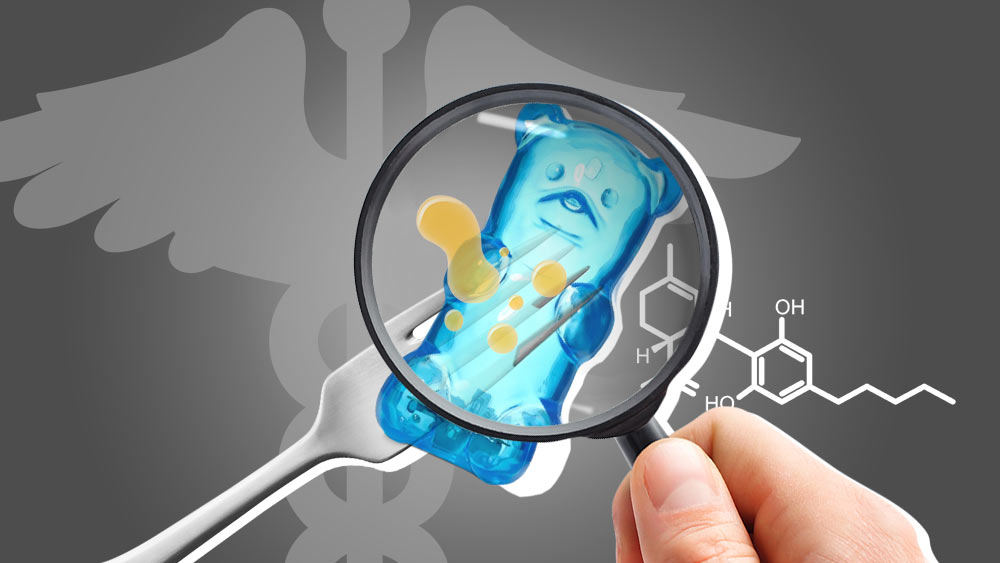The U.S. Food and Drug Administration released its preliminary guidance on developing cannabis-based drugs this week but is yet to finalize its long-awaited policy on the use of CBD in food items and dietary supplements.
Currently, the only FDA-approved drug containing cannabis is GW Pharmaceuticals’ Epidiolex, which is used to treat epileptic seizures. Since the 2018 Farm Bill was enacted in the U.S., companies that manufacture various health and wellness CBD-based products have been waiting for the agency to release regulations and vouch for the safety of CBD as a dietary supplement.
In the meantime, the FDA has been warning companies against making unsubstantiated health claims regarding CBD.
According to FDA officials, part of the reason the agency has been slow to work out rules is the fact that there isn’t sufficient research out there to support the various claims made about CBD. After all, CBD was removed from the Drug Enforcement Administration schedule of Controlled Substances only a year and a half ago.
“We recognize that there is substantial public interest in marketing and accessing CBD for a variety of products. We are working toward a goal of providing additional guidance, and have made substantial progress. There are many questions to explore regarding the science, safety, effectiveness, and quality of products containing CBD, and we need to do our due diligence,” an FDA spokesperson said this week.
Among the new guidelines released this week regarding clinical research, which will be open for a 60-day public comment period, the FDA advises researchers to consult with the DEA on THC levels in the hemp used in their clinical trials. At the moment, cannabis with more than 0.3% THC is still considered illegal at the federal level.
“Sponsors and investigators may find it useful to calculate the level of delta-9 THC in their proposed investigational drug product early in the development process to gain insight into the potential control status of their product,” the guidelines state.
While CBD companies are still waiting on more clarity from the FDA regarding their products, the agency recently informed Congress it had discovered many instances of the mislabeling of cannabidiol items found on the online U.S. market. These CBD-based products, including tinctures, oils and drinks, had either significantly more or less CBD than advertised on the label, according to the FDA’s report.




